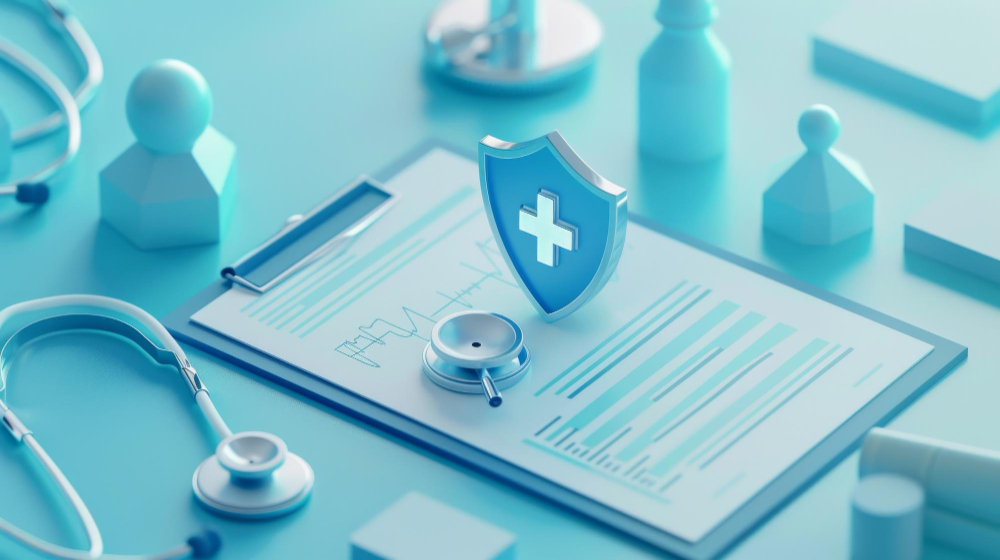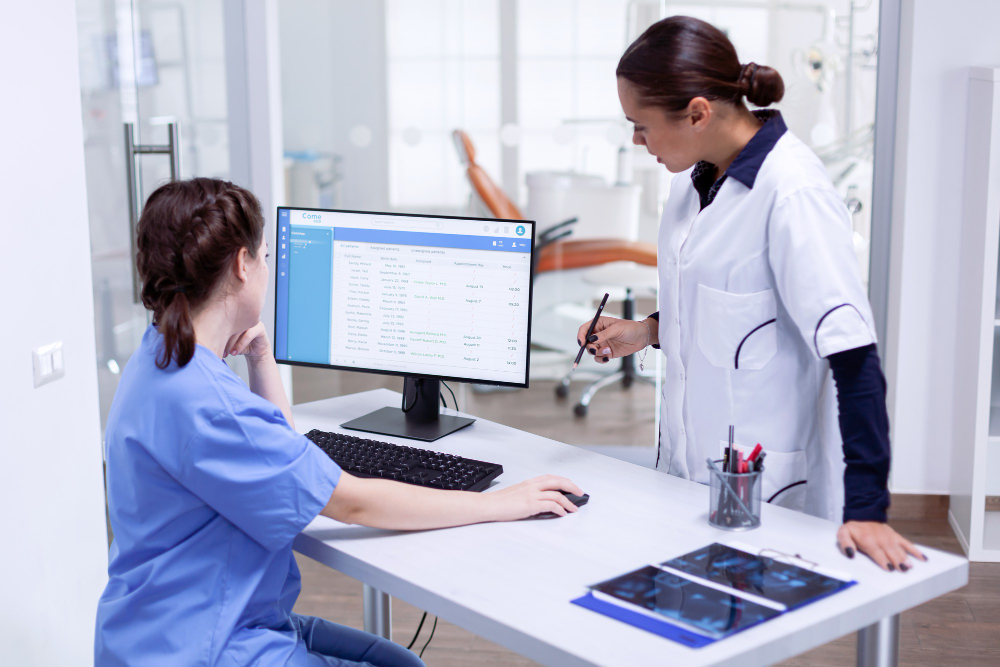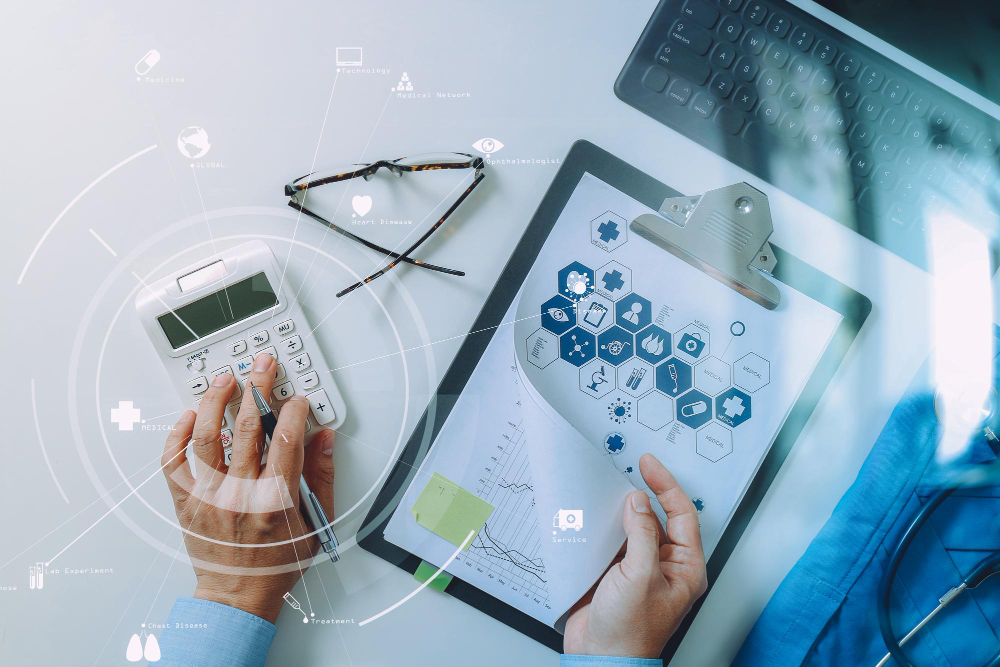In healthcare, where patient data integrity is paramount, strict adherence to regulatory standards is essential. HIPAA, known formally as the Health Insurance Portability and Accountability Act, is a steadfast protector of patient confidentiality and the security of sensitive medical information.
Clearinghouses such as Secure Connect are crucial intermediaries in the healthcare data flow. Ensuring compliance with HIPAA is not merely a legal obligation but a fundamental ethical commitment, safeguarding patient trust and promoting the highest standards of healthcare data management.
Maintaining substantial HIPAA compliance as technology evolves becomes increasingly vital to uphold patient privacy in a digitally interconnected healthcare landscape.
What is HIPAA? A Brief Overview
Enacted in 1996, HIPAA was designed to safeguard sensitive patient information while enabling the seamless flow of healthcare data.
It comprises Privacy, Security, and Breach Notification Rules, each addressing data protection and patient rights.
- The Privacy Rule establishes standards for how healthcare entities can use and disclose protected health information (PHI), ensuring patients have control over their data.
- The Security Rule sets forth guidelines for implementing technical, administrative, and physical safeguards to protect PHI in electronic form.
- The Breach Notification Rule mandates that covered entities promptly notify affected individuals, the Department of Health and Human Services (HHS), and, the media in the instance of a data breach compromising PHI.
These rules collectively form the backbone of HIPAA’s comprehensive approach to safeguarding patient information across the healthcare industry.
The Evolution of HIPAA and Its Impact on Modern Healthcare
Since its enactment, HIPAA has significantly influenced healthcare data protection. Initially aimed at streamlining healthcare and ensuring patient information confidentiality, HIPAA has evolved through various amendments to address the challenges posed by the digital age.
The Health Information Technology for Economic and Clinical Health (HITECH) Act of 2009 expanded HIPAA’s scope to promote the adoption of electronic health records and enforced stricter data protection measures, increasing penalties for non-compliance.
These changes have revolutionized data storage, access, and transmission, improving patient care and operational efficiency while introducing new data security challenges.
As technology advances, so must data protection strategies, emphasizing the need for healthcare professionals to remain informed about the latest HIPAA developments.
Staying updated with these evolving regulations is crucial for healthcare organizations to ensure compliance and protect patient information effectively.
Importance of HIPAA Compliance for Clearinghouses
By bridging the gap between healthcare providers and payers, clearinghouses facilitate the processing and formatting of medical claims, ensuring efficient transmission and reimbursement crucial to healthcare operations.
Clearinghouses make administrative tasks easier and ensure that healthcare data is accurate and secure, helping healthcare run smoothly.
Far from being mere intermediaries, they also play an essential role in the healthcare ecosystem. In 2020, the healthcare industry saw data breaches costing an average of $9.23 million each, highlighting the significant financial risks of inadequate data security measures. Therefore, clearinghouses reduce the risk of cyberattacks and data breaches, allowing the healthcare industry to provide standards of trust and patient privacy.
Because the clearinghouses are now intermediaries, standardization also became important. Standardizing and validating data submissions through clearinghouses reduces errors and enhances healthcare transactions’ overall efficiency.
Clearinghouses now handle over 5 billion healthcare transactions annually, facilitating efficient medical claims processing and reimbursement.
Non-compliance to HIPAA poses serious risks to sensitive patient information and threatens the integrity and efficiency of healthcare data management systems.
Strict adherence to security protocols also ensures that patient information remains protected throughout the data exchange process, bolstering trust and compliance with HIPAA regulations. As a result, clearinghouses contribute significantly to the reliability and integrity of healthcare information management.
Key HIPAA Requirements for Clearinghouses
Clearinghouses must implement stringent security measures, including strong data encryption, comprehensive access controls, and detailed audit trails, to safeguard patient information.
These measures are recommended and essential to maintaining the confidentiality and integrity of sensitive data throughout its transmission and storage within healthcare systems.
Many healthcare organizations have increasingly adopted encryption to protect sensitive data.
For example, one study found that 89% of healthcare organizations have experienced a data breach, underscoring the critical need for strong data protection measures.
Adhering to these HIPAA requirements, clearinghouses mitigate the risk of unauthorized access or breaches and ensure compliance with legal standards for protecting patient privacy. These safeguards are critical in establishing a secure framework that upholds the trust of patients and healthcare providers in handling their sensitive medical information.
Best Practices for Achieving and Maintaining HIPAA Compliance
To achieve and sustain HIPAA compliance, clearinghouses should conduct regular risk assessments, provide ongoing staff training, and establish comprehensive security policies and procedures. These practices form the bedrock of a secure healthcare data environment.
Secure Connect, a leading medical clearinghouse platform, is a prime example of how to enforce HIPAA compliance. It does so through rigorous security protocols and ongoing monitoring efforts.
By adhering to these standards, Secure Connect ensures robust data protection measures, employing advanced encryption and stringent access controls to safeguard patient information effectively.
This commitment meets regulatory requirements and enhances trust among healthcare stakeholders by demonstrating a steadfast dedication to maintaining the confidentiality and integrity of sensitive medical data.
Through continuous improvement and adherence to best practices, Secure Connect remains at the forefront of ensuring secure healthcare data management solutions.
Trust Secure Connect to Ensure HIPAA Compliance
HIPAA compliance is not merely a regulatory obligation but a cornerstone of patient-centric healthcare. Clearinghouses like Secure Connect play a pivotal role in maintaining the confidentiality and integrity of medical data. Adhering to HIPAA regulations and implementing best practices ensures that these organizations maintain strict patient privacy in an increasingly digitized healthcare landscape.
For healthcare professionals and stakeholders, staying informed about HIPAA compliance is paramount to safeguarding patient trust and data security. Embracing these principles, clearinghouses can continue to foster a healthcare ecosystem where patient well-being is paramount.
For more information, contact Secure Connect.







